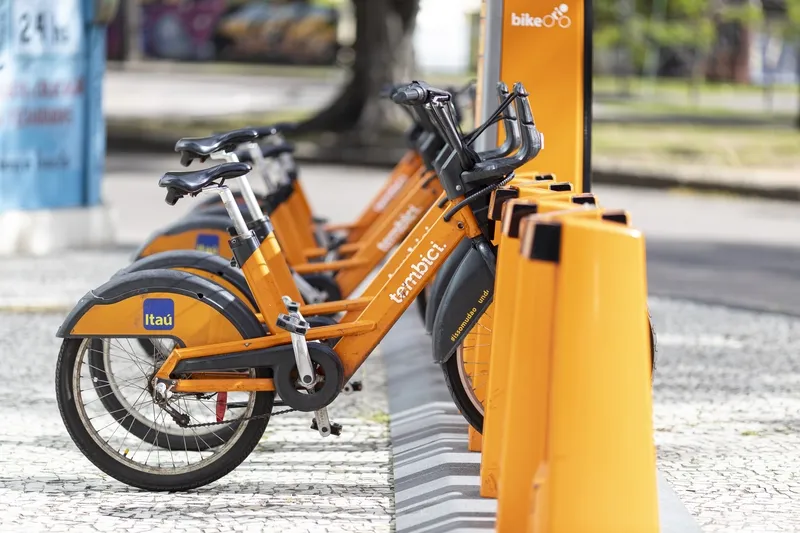Bike Share Toronto is to add 1,250 bicycles, 105 stations and 2,292 docking stations to its network and will expand into new neighborhoods in the Canadian city.
The deployment follows a commitment by the city’s mayor John Tory and the Toronto Parking Authority to extend bike-sharing services in the region.
Tory says: “We will continue to push for the expansion of Bike Share to new neighbourhoods because we know it leads to increased ridership and membership for this important service.”
Bike Share Toronto stations will be located in areas stretching to the downtown core including Yonge Street at Lawrence Avenue, the Junction and High Park Neighborhood as well as Victoria Park and Kingston Road.
Robin Oliphant, acting Toronto Parking Authority president, says: "The service is very popular in Toronto and receives great support, as is shown in the increase in membership numbers and number of rides.”
Figures from the City of Toronto show that the total number of memberships sold in the past 12 months was more than 165,000. In three years, ridership has grown to more than two million rides per year.
Riders can buy a 24-hour pass for CAN$7 (£4) without overage charges, provided it is docked every 30 minutes.
Bike Share Toronto expands service
Bike Share Toronto is to add 1,250 bicycles, 105 stations and 2,292 docking stations to its network and will expand into new neighborhoods in the Canadian city.
The deployment follows a commitment by the city’s mayor John Tory and the Toronto Parking Authority to extend bike-sharing services in the region.
Tory says: “We will continue to push for the expansion of Bike Share to new neighbourhoods because we know it leads to increased ridership and membership for this important service.”
Bike Sha
July 19, 2019
Read time: 2 mins









